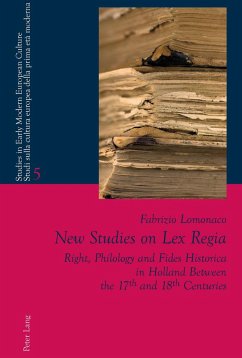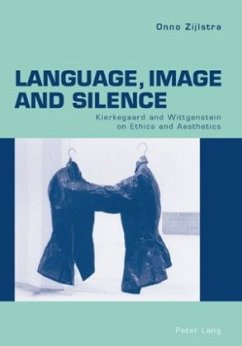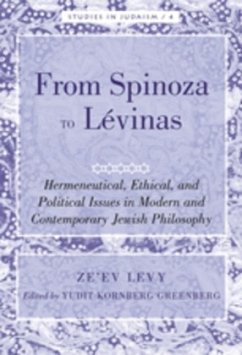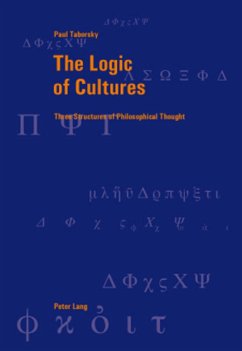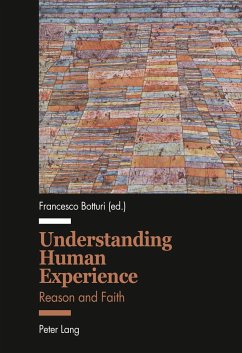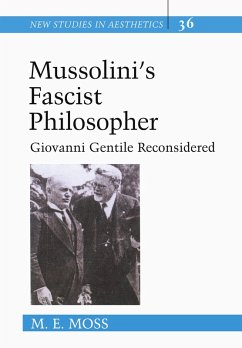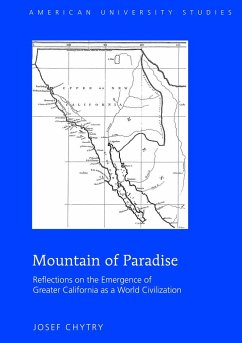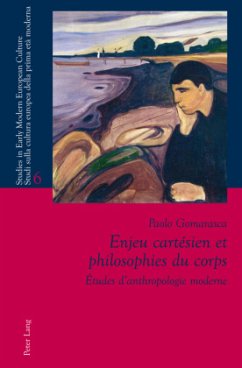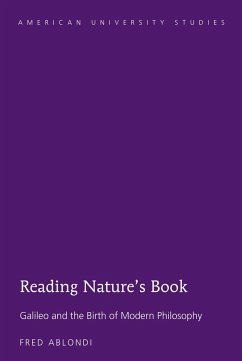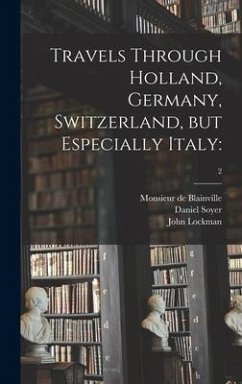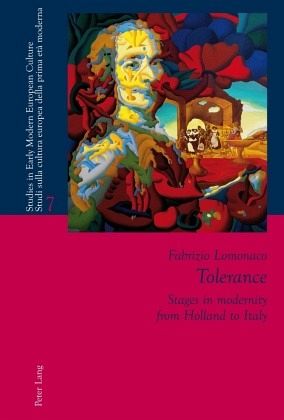
Tolerance
Stages in modernity from Holland to Italy
Versandkostenfrei!
Versandfertig in 6-10 Tagen
94,35 €
inkl. MwSt.

PAYBACK Punkte
0 °P sammeln!
What does it mean to reflect on tolerance today in a global world? What meanings does the word tolerance contain? This book aims at defining the thematic and lexical fields of tolerance in the Dutch and Italian culture of the seventeenth and eighteenth centuries, taking into account works of Grotius and Locke, Spinoza, Bayle and Noodt, Voltaire and Barbeyrac, Conforti and Tamburini. It shows the progression from the ancient virtue of tolerance of an exclusively Christian theme to the right of freedom of religion and conscience. This study may be a useful point of reference for understanding th...
What does it mean to reflect on tolerance today in a global world? What meanings does the word tolerance contain? This book aims at defining the thematic and lexical fields of tolerance in the Dutch and Italian culture of the seventeenth and eighteenth centuries, taking into account works of Grotius and Locke, Spinoza, Bayle and Noodt, Voltaire and Barbeyrac, Conforti and Tamburini. It shows the progression from the ancient virtue of tolerance of an exclusively Christian theme to the right of freedom of religion and conscience. This study may be a useful point of reference for understanding the myths and misunderstandings, the ambiguities and contradictions on which the rights of our time are based.



